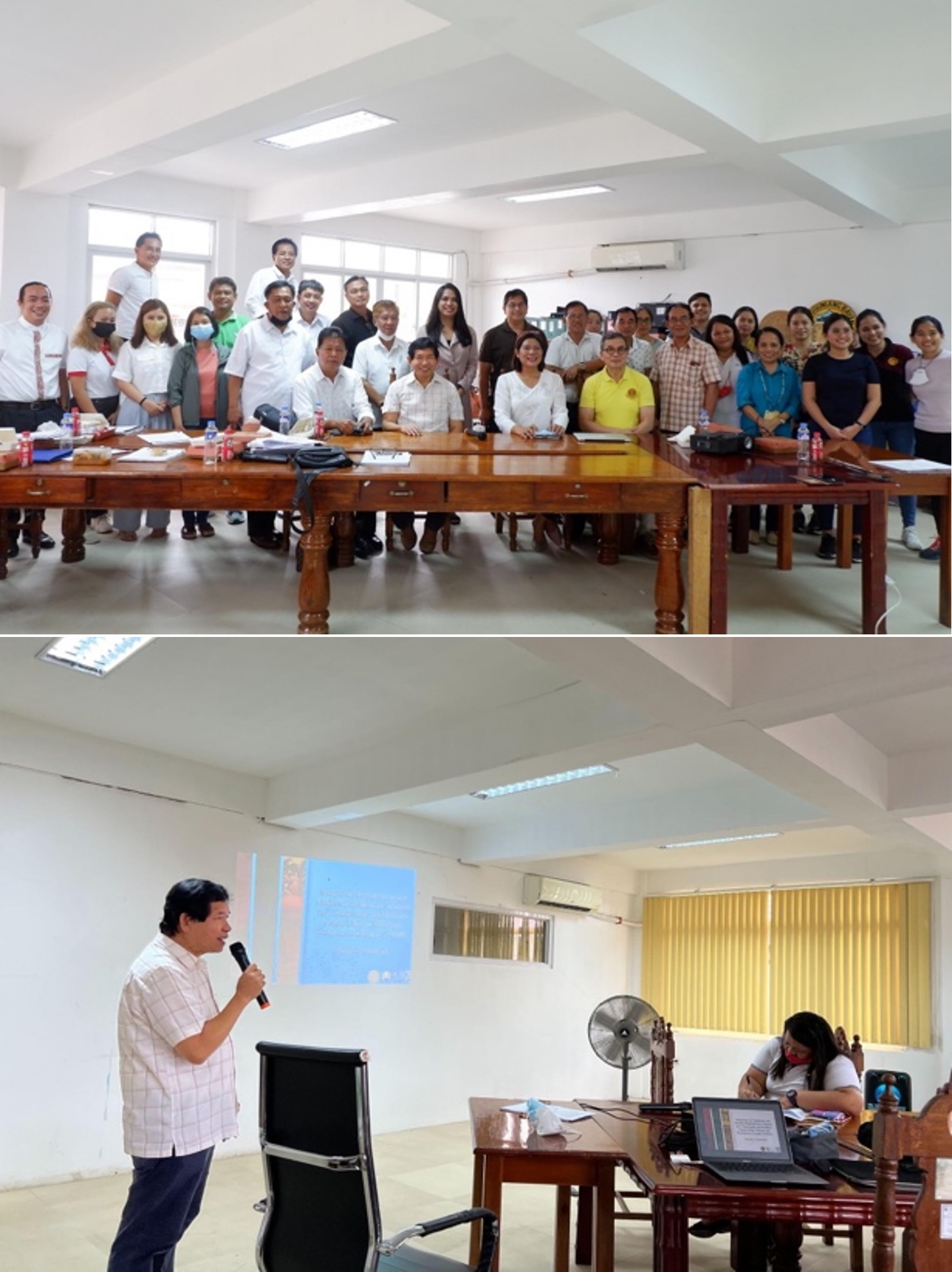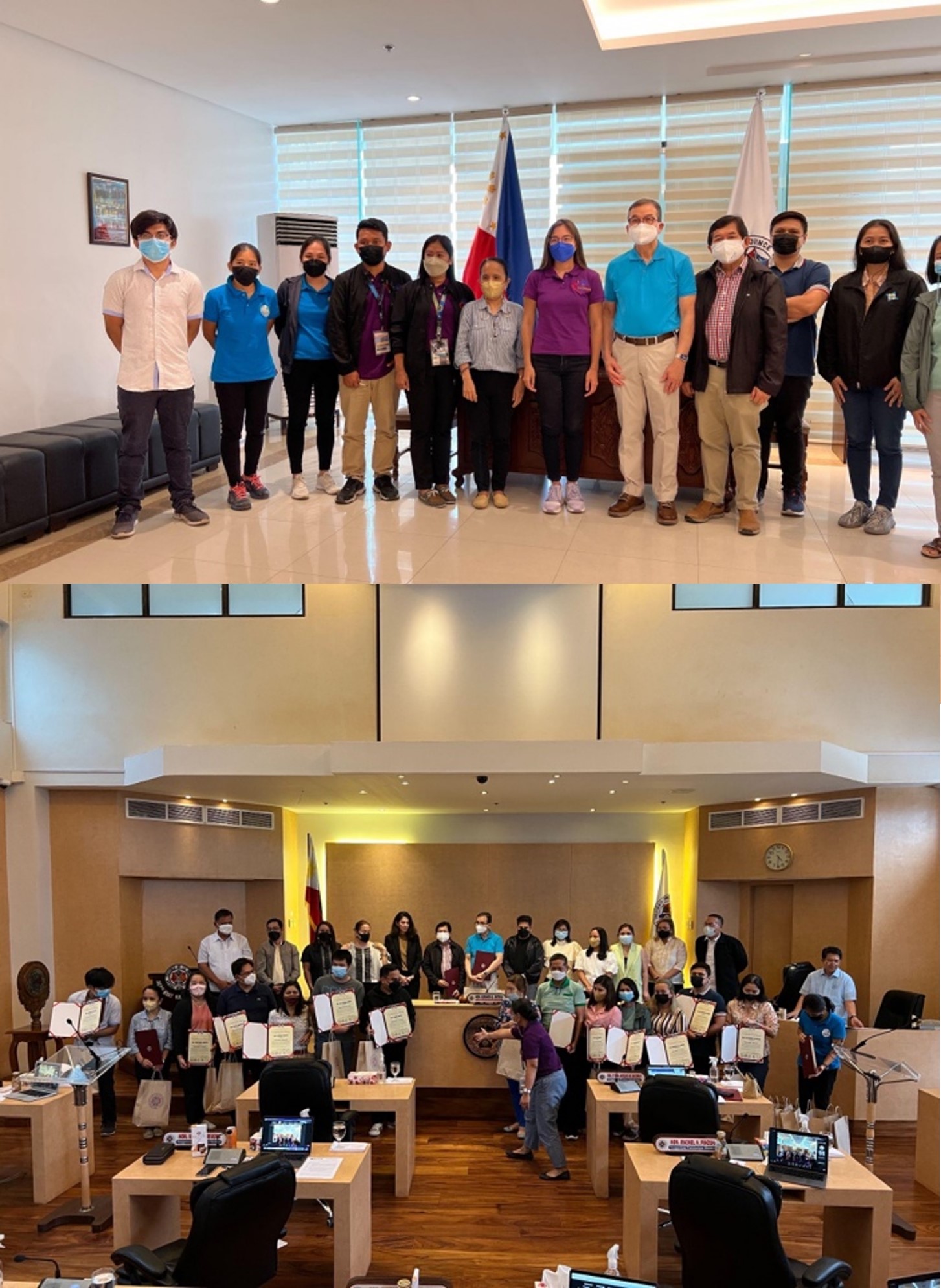
A partnership between two government agencies will ensure the sustainability of watersheds’ bioproduction systems and its resilience against pressures from climate, land-use, and socio-demographic changes.
This will be accomplished through the partnership between the Philippine Council for Agriculture, Aquatic and Natural Resources Research and Development of the Department of Science and Technology (DOST-PCAARRD) and the University of the Philippines Los Baños - Interdisciplinary Studies Center for Integrated Natural Resources and Environment Management (UPLB IdSC-INREM), inked for the three-year project, “Integration of Traditional and Modern Bioproduction Systems for a Sustainable and Resilient Future under Climate Ecosystems Changes.”
The project is implemented under the e-Asia Joint Research Program, a multilateral international joint initiative among East Asia Summit (EAS) member countries, particularly with Japan and Indonesia.
Bioproduction systems are agriculture and forestry production systems that yield different ecosystem services to support human well-being. It will be further categorized into traditional, modern, or integrated bioproduction systems using specific parameters that will be developed. The project will also assess which combinations of these bioproduction systems will ensure sustainability and resilience of watersheds using a jointly developed framework with partner countries.
The International partners in Japan are the Institute for Global Environmental Strategies (IGES), University of Tokyo, Osaka University, National Institute for Environmental Studies (NIES), and Japan Agency for Marine-Earth Science and Technology and in Indonesia is the Universiti Padjadjaran. The Philippine counterpart is being led by Dr. Juan Pulhin, chair of UPLB IdSC-INREM. The Philippines is the only partner country which implements the project in two pilot sites: Baroro Watershed in La Union and Pagsanjan-Lumban Watershed in Laguna. To date, the project has already established the support from the Local Government Units (LGUs) of the provinces of La Union and Laguna.

Hon. Governor Raphaelle Ortega-David of La Union has expressed her support for the project, citing the urgent need to address the environmental concerns of the province. The project was also presented during the special session of the Sangguniang Panlalawigan ng La Union and was also well-received. Hon. Mayor Lany B. Carbonell and members of the Sangguniang Bayan of the municipality of San Gabriel also expressed their verbal support for the project. A large part of the Baroro Watershed is under the jurisdiction of San Gabriel, hence, they are among the key players in the management of the watershed.
In Laguna, an executive order to form the Technical Working Group (TWG) who will work on the project was issued by Hon. Governor Ramil L. Hernandez. Coordination and other engagement activities were also conducted in municipalities within the Lumban-Pagsanjan Watershed.
Aside from the LGUs, partnerships with national agencies in the Ilocos Region and CALABARZON such as: Department of Environment and Natural Resources (DENR), Department of Interior and Local Government (DILG), Laguna Lake Development Authority (LLDA), National Economic and Development Authority (NEDA) and Philippine Statistics Authority (PSA) and other agencies such as the National Power Corporation (NPC) and National Irrigation Administration (NIA) have been initiated through the project. Currently, the project team is working on the joint memorandum of agreements to provide capacity building and technical assistance to State Universities and Colleges (SUCs) such as Batangas State University (BatSu) and Don Mariano Marcos Memorial State University (DMMMSU).
The project is expected to develop potential interventions that will enhance ecosystem services in the watershed bioproduction systems and ultimately, to improve watershed governance by instituting science-based decision-making among LGUs and other key stakeholders.
